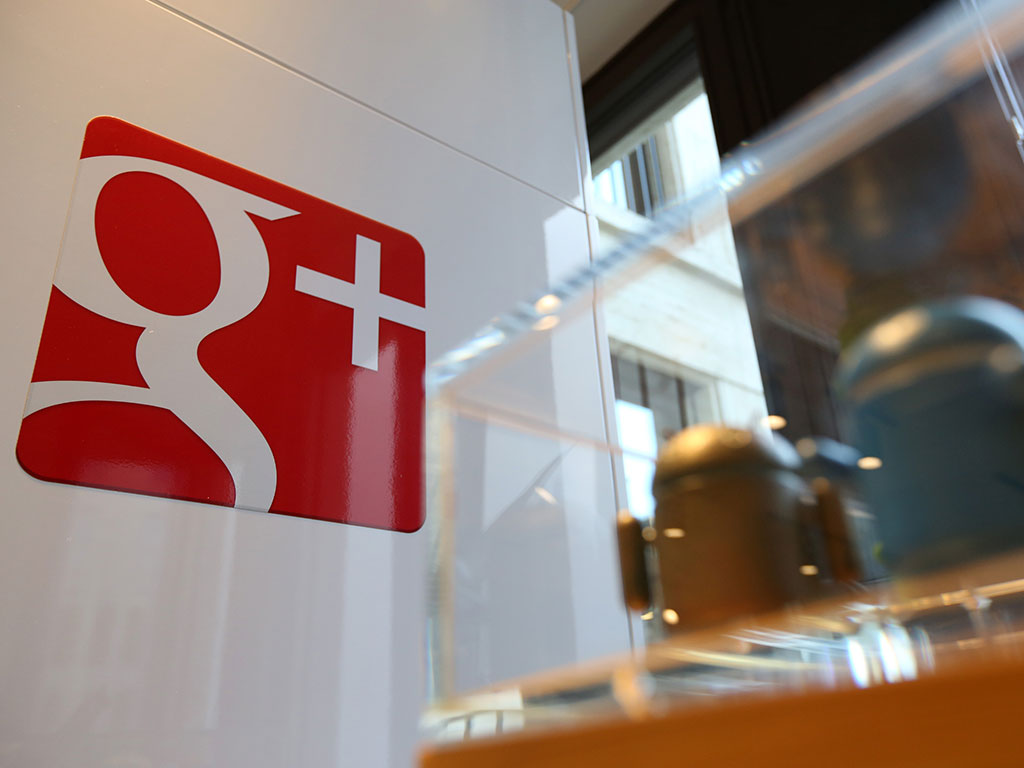Google+ is being quietly euthanised
The search giant’s attempt to challenge Facebook came out with a big fanfare, but proved to be one big annoyance

Many had great expectations for Google+, which set out to rival Facebook, but it has not been as successful
When it launched, Google+ was hailed by enthusiasts as the true rival to Facebook; the real challenger to Mark Zuckerberg’s market-dominating social network. People loved to hate Facebook, but, four years later, Google+ hasn’t even managed to get that sort of attention. Instead of people complaining that they’re really going to delete their accounts while uploading yet more cat pictures, Google+ elicits little more than a shrug. Now, the social network is slowly being ‘reimagined’ by Google (by which it means ‘quietly euthanised’).
Nobody seemed to know exactly why they should leave Facebook for Google+
Google’s desire to enter the social networking market was based, as ever, on the extremely valuable information it could get from its users. While Google had collected a great deal of information from email addresses, YouTube accounts and so on, Facebook had accumulated the dates of birth, photo collections, friend networks and news interests of 500 million users. All this information gave Facebook a hugely valuable insight into demographics it could then sell on to advertisers for targeted messages.
Nobody wants to be my friend
Having managed to secure many millions of users on its various web services, Google decided its social network would be the glue that tied them all together. Instead of allowing people to opt in, however, it forced them onto Google+. YouTube comments quickly required a Google+ account, and it incorporated many of its other services – including Google Talk and photo site Picasa – under its new banner. But despite automatically having many tens of millions of users, very few of them were actually interacting with the service.
The trouble Google+ found was that nobody seemed to know exactly what it was for, or why they should leave Facebook for it. Indeed, as most Facebook users had spent many years building up their profiles, photo libraries and friend lists, the idea of doing it all again on a new site probably made them weep.
One former Google+ employee, Paul Adams (who now works at Facebook), described the platform’s problems in poaching users from its rival. “It’s like you have this grungy night club and people are having a good time and you build something next door that’s shiny and new, and technically better in some ways, but who wants to leave? People didn’t need another version of Facebook.”
Many of Google+’s features came across as poorly designed and rushed, such as its Circles contact grouping system. The idea behind the Circles seemed sound – and was quickly copied by Facebook in response to enthusiastic reviews from users – but using the system was a pretty annoying experience. A new user was automatically presented with not just existing Google+ users to add to their Circles, but also every single person they had ever emailed from their Gmail accounts. Sifting through all those people – many of whom were unlikely to have even heard of Google+, let alone properly set up an account – quickly became an arduous and tiresome task that was quickly abandoned. It was also confusing, often leading to the wrong people being put in the wrong Circles; the CEO of your company could end up in a Circle intended purely for moaning about how much you hated your job.
Circle of hell
Since Google+ launched, Facebook has grown its user base to around 1.4 billion people. That’s partly because of the aggressive acquisitions it has made of WhatsApp and Instagram; two firms it kept as separate entities, unlike Google’s policy (until recently) of putting everything under one roof.
Gundotra left Google in 2014, naturally using Google+ to make the announcement. His replacement, Bradley Horowitz, has set about spinning off the network’s services, such as Photos and Hangouts, into their own apps, while YouTube comments no longer require a Google+ account. It seems likely that, within a few months, Google+ will have been quietly ‘reimagined’ out of existence.













